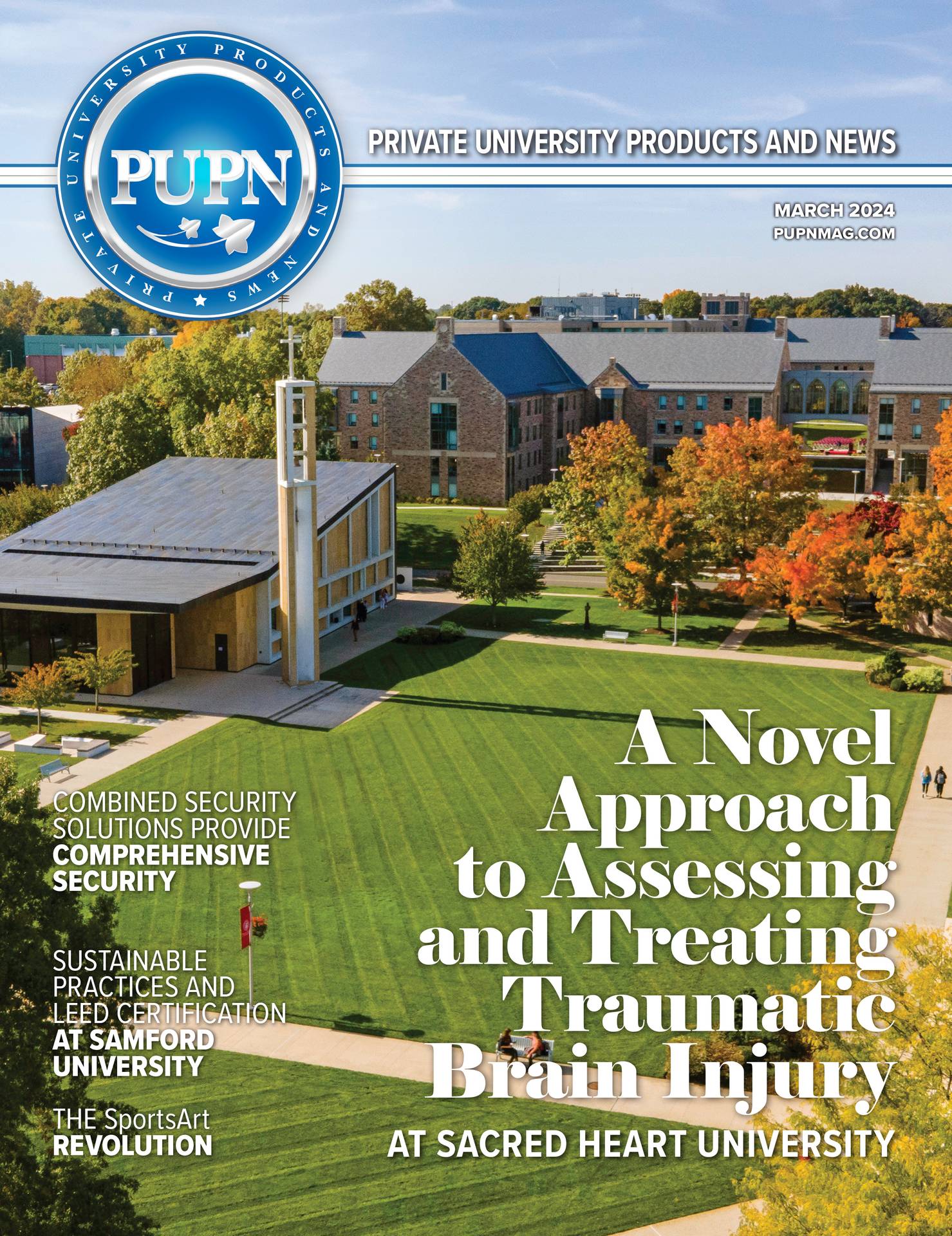Eventually, in addition to preparing a handbook that she uses to teach a series of classes in the community, Ross developed an academic course on forgiveness for Meredith College. After publishing an in-depth study on forgiveness, and graduating with another master’s degree in Christian Counseling, she also opened a private practice.
Enslaved by Anger
Ross acknowledges that she was once an angry person, but after learning to forgive she uncovered a powerful ability to improve her own life, explaining, “It changed me incredibly.” Based on these life experiences that allowed for a fundamental shift in her physical and spiritual well-being, she was certain the missing step in the textbooks and courses she had been teaching-the void after conflict resolution-was both crucial and healing.
Booker T. Washington stated, “The moment I begin to hate a man, I become his slave;” Ross finds this sentiment to be profoundly true, arguing that an inability to forgive can lead to problems for the injured that go beyond the original harm. Ultimately, failure to allow for forgiveness causes more damage to the one who was injured, not the offender.
First, as Ross explains, repression of emotions-whether anger, grief, or sadness- has been related to any number of physical ailments: from arthritis and skin disorders to high blood pressure, heart attack, strokes, and cancer. She adds that research suggests repressing emotions is directly tied to mental health, in an age where depression and anxiety have “become an epidemic.” Next, she notes that an inability to forgive can impact relational health, creating a toxic atmosphere. Finally, unforgiveness can affect spiritual health as well, taking the person who cannot forgive to a place where the negative emotions can become debilitating, where peace is lost and only bitterness remains.
Debunking the Myths of Forgiveness
In her courses, Ross emphasizes the importance of remembering the past, eschewing the popular “forgive and forget” mantra. She notes that pardoning the who has caused harm-or justifying, excusing, explaining, or denying- are all also counter-productive, leading to “an explosion or implosion.”
Part of the process is to help her students untangle the ways we, as a culture, misunderstand the nature of forgiveness or its role in our lives. She notes that dictionary definitions–such as “to set free” or “to cancel an obligation”–are simplistic, as are synonyms offered by a thesaurus, which are misleading: “to pardon, excuse, forget, or let off.”
Ross believes that telling the offender he or she is forgiven would be unnecessary for this process and may even be inadvisable, and she insists forgiveness is never about condoning, excusing, or endorsing a sin. Forgiveness also cannot be based on the offender offering an apology or restoration, for that act puts the offender in control, making the forgiver “a victim who could wait forever for an apology that may never come.”
Knowing that forgiveness does not have to involve the offender is empowering, and she stresses that truth to her students. Of course, if healthy boundaries can be set, then reconciliation could be the next step-but Ross reminds her students that reconciliation takes two people involved in mutual change, while forgiveness only takes one.
Forgiveness as Strength, Not Weakness
Though in the early development of the course, some colleagues suggested the youngest in the class may not yet have anything serious to forgive, Ross has found that her students make powerful use of these tools, adding, “It doesn’t matter how old they are.”
Additionally, public figures expressing anger and refusing to apologize for missteps or mistakes have become more normalized, so each incoming batch of students can learn a new way of approaching the act of forgiveness. “We are raising people in this culture at this point with the idea that forgiveness is weakness,” she explains. She wants to reframe the concept for them, while they are still open to new ideas. Citing Gandhi, she reminds them, “The weak can never forgive. Forgiveness is the attribute of the strong.”
As they progress in the coursework, learning to forgive on a personal level can help them prepare for the ways that forgiveness-as a tool-can be applied at sociological and cultural levels, in whatever careers they choose. Whether they become sociologists, psychologists, social workers, or lawyers, Ross adds, “They are taking it everywhere.”
Determining Seasons of Pain
In her work with Ross, Meredith College student Cailyn Clymore learned that forgiveness is a process that is difficult, time-consuming, and non-linear-while realizing that healing and forgiveness are not one and the same. While she knows she cannot choose when healing happens, Clymore discovered that forgiveness, for her, is about deciding how to handle the hurt, as well as determining “if and how this season of pain can still be productive.” Recognizing that sometimes the pain can’t offer growth, she accepted that being unable to produce meaning from the pain isn’t required to move past it.
She adds, “Anger and pride may seem more comfortable and empowering at first, but the problem with them is that they aren’t stagnant feelings. Anger and pride are mental monsters that get louder and scarier over time-making it hard to live a healthy life with healthy relationships outside of our hurt.”
Forgiveness as a Survival Tool
Ross also notes that many students come in with the idea that forgiveness is “letting the other person off the hook.” She focuses on helping them to learn the tools of empowerment that forgiveness offers, while building the necessary boundaries to protect themselves. She explains to her students that boundaries aren’t set out of anger, and instead “healthy boundaries are set after the forgiveness.”
Meredith College graduate Sir’ Tauria Lois Hilliard realized in her class with Ross that forgiveness is, for her, a survival tool. Hilliard shares, “Just like we need oxygen to breathe, we must forgive.” While she agrees that anyone who has been wronged is entitled to powerful feelings, Hilliard emphasizes that forgiveness enables the wronged person to relinquish those heavy emotions: “Not forgiving someone is like holding your breath-you’re only hurting yourself. Truly forgiving someone is when you begin to breathe again; you feel refreshed, you did it for yourself, and it was your decision to start breathing again.”
While improving personal relationships is powerful medicine for anyone involved in the coursework, there are broader implications for the concept of forgiveness, beyond just improving personal relationships. Angela Sabates, an associate professor of psychology at Bethel University, credits the research performed by Ross for helping us understand how the same cycles of aggression that happen in intimate relationships play out in broader contexts, such as in extremist groups. “Forgiveness research has generally suggested that forgiveness decreases the desire (and the action) of retaliatory aggression against the perceived aggressor,” Sabates states. “Thus, forgiveness is expected to be associated with less aggression overall both in interpersonal relationships as well as in relationships in a broader context within a culture and even between cultures.”
Humans are driven to form groups, considering their own group the in-group and others as members of an out-group, Sabates explains, so this division happens in all sorts of social areas, including politics. In other words, she adds, any idea presented by an opposing party member could be framed as incorrect or “ill-motivated” for no other reason beyond the fact a member of the perceived “out-group” is proposing the idea.
Forgiveness research, according to Sabates, can help us understand this tendency to form opposing groups and, in a sense, “forgive others for disagreeing with us.” In this specific context, forgiveness is the tool that offers space for opinions that vary and proposals that differ. “This allowance,” Sabates states, “can reduce a great deal of misperceptions of one another and attributions about hostile motives in perceived out-group members.”
Forgiveness in Context of Sexual Abuse and Domestic Violence
In another social arena, Sabates points to the ways media coverage has revealed the pervasive nature of sexual abuse and assault, another area where forgiveness is particularly relevant. While the abused is never expected to excuse the abuser’s behavior, the research stresses the importance of the abused to forgive the aggressor to lessen depression, anxiety, and desire for revenge. Sabates adds, “Forgiveness in the context of sexual abuse and harassment can occur independent of a relationship with the aggressor, and such forgiveness does not mean that appropriate legal recourse is not pursued. But it does mean that legal recourse, when sought, is motivated by the need to pursue justice, not vengeance.”
On that note, Ross has recently started using these tools within the community to help victims of sexual abuse and assault, as well as address domestic violence and destructive relationships. Because churches are often asked to support victims of abuse yet are many times ill-equipped to do so, this April Ross is presenting on that topic at the Christian Association for Psychological Studies. Ross, along with a team of advocates, is developing a full program designed for ministers, as well as other helping professionals, that will support accountability for abusers along with protection and counsel for the victims. Additionally, she will soon be speaking on “The Power of Forgiveness” at a spring 2018 conference for Called to Peace Ministries, aptly titled “Beauty for Ashes: Finding Peace and Healing After Abuse.”










